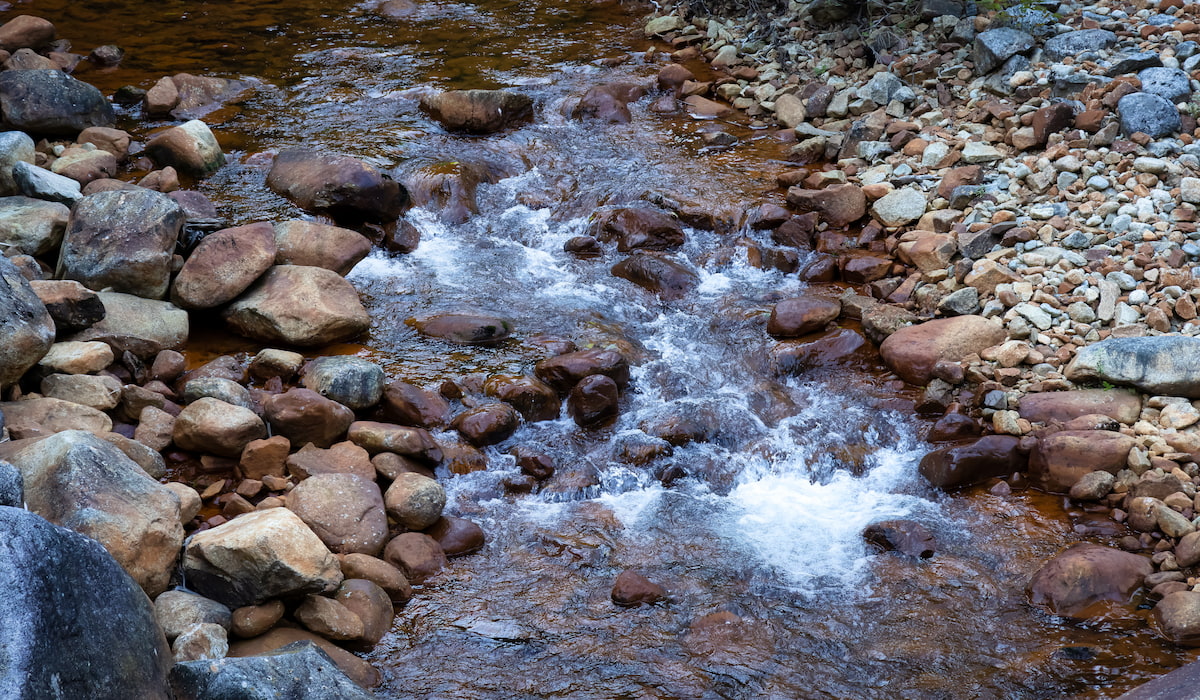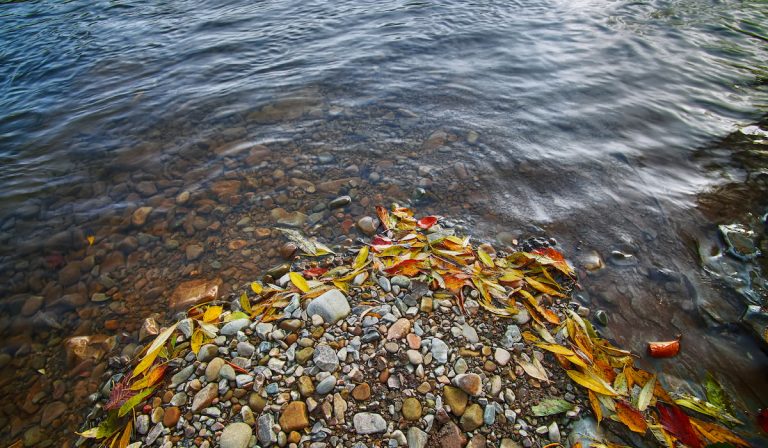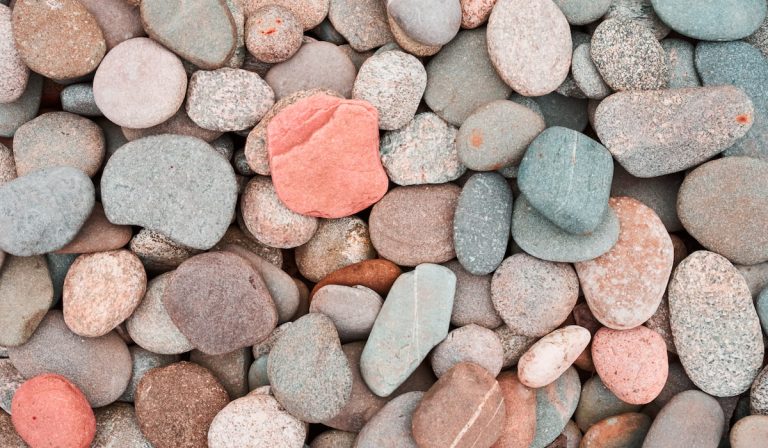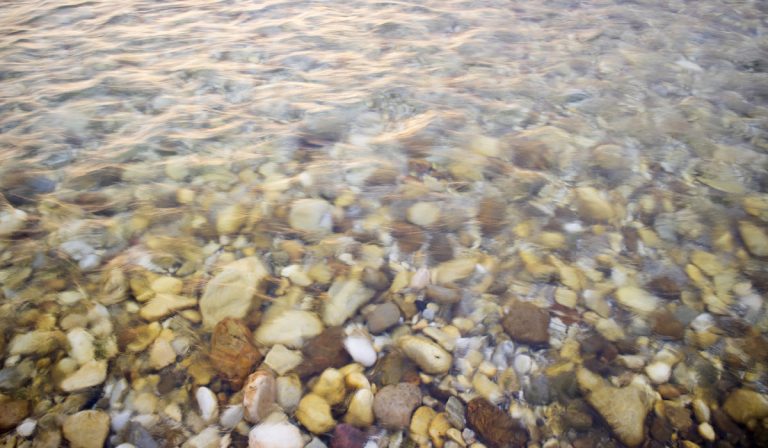Can I Take Rocks from a River? (If Yes, How To?)
River rocks are eye-catching and you may find you want to collect some whether you are a rock collector or not. You can use these pretty rocks to beautify your aquarium, rock garden, or rock collection.
Can you take rocks from a river? What are some things you should consider first?
River rocks are safe to collect when local regulations say they are. If it is permitted, you can collect rocks from rivers, streams, and waterfalls. It is easy to collect river rocks as long as you stick to the local guidelines for collecting rocks.
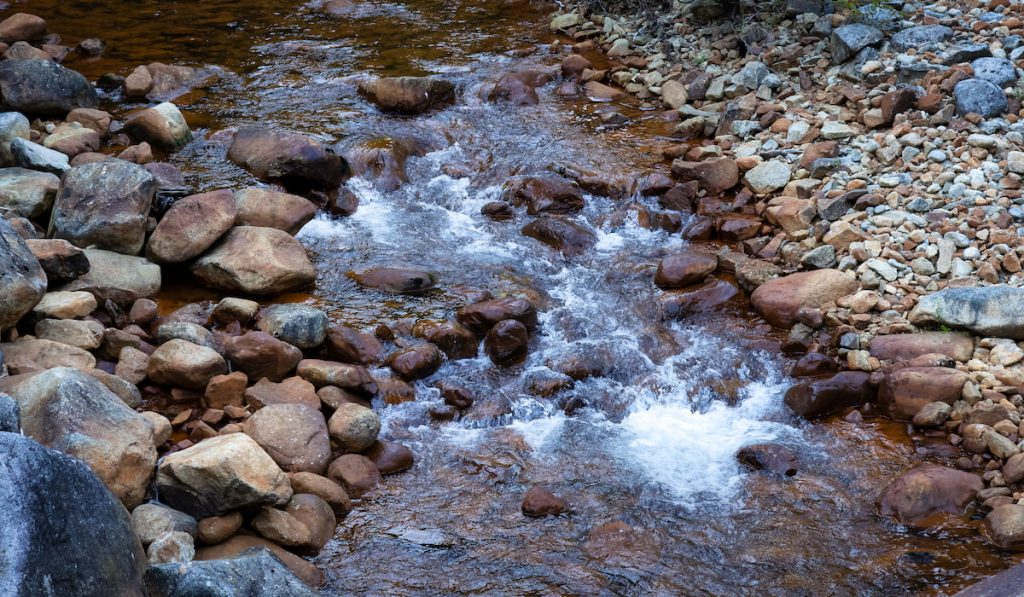
Collecting River Rocks
Rock collectors love to collect rocks from rivers because they are shiny, smooth, and can be used in water displays such as aquariums.
If you are a new rock collector or you just want to know if you can collect rocks from a river or not, here are some factors to consider:
- Check Local Regulations: City or state laws can prohibit people from collecting rocks from rivers for various reasons. For example, the rocks might have been placed there to prevent erosion, and collecting them can cause problems.
- Animals and Other Organisms around the River: Some animals such as crabs, earthworms, and other invertebrates hide under rocks. Some even select an area with rocks as their breeding spots. Before collecting rocks from an area, make sure that it is not an assigned breeding spot as you can alter the ecosystem.
- Availability of Rocks: It is better to collect rocks from streams that flow quickly as they will quickly deposit more rocks in the open spaces. If you find very few rocks around a river, you should leave them in place so that the riverbed can remain stabilized.
Now, let’s say that it is completely safe and permissible to collect rocks from a river. How do you collect the rocks?
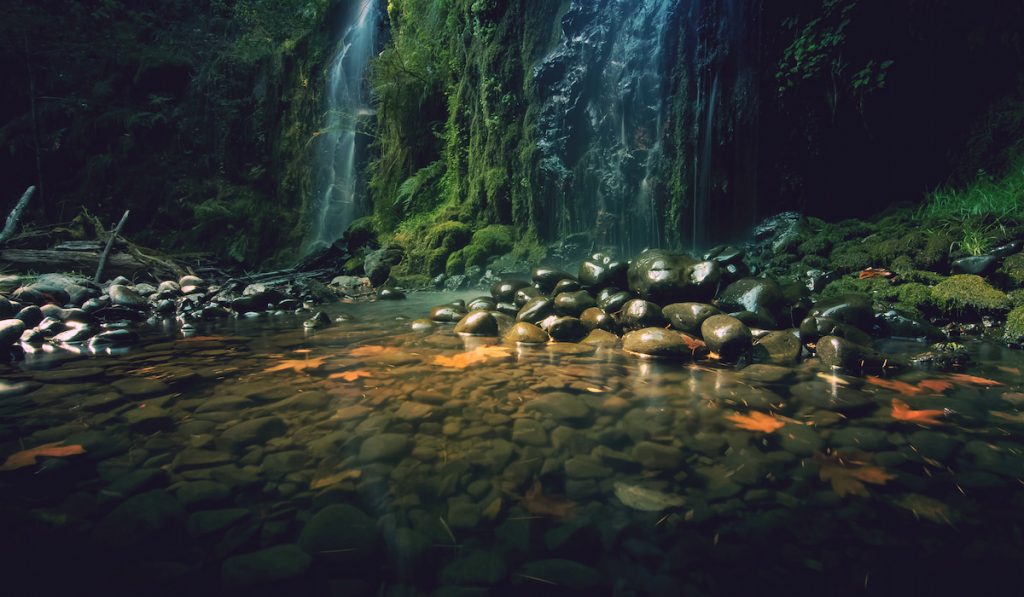
How to Collect River Rocks
Collecting rocks from rivers (inside or around the river) can be a little bit dangerous, but it is still similar to collecting rocks from other places. It is best to wait for the current of a stream to slow down before collecting rocks inside the stream.
Some tools that you need to collect rocks from a river are:
- Geologist’s Hammer: You will need a hammer to extract little rocks or fragments from a larger rock. These little rocks are easier to carry and transport.
- Hand-Held Lens: You will need a lens to examine rocks that you find. This will help you determine if you want to collect the rock or not (rock collectors love collecting new and unique rocks).
- Knapsack: You will need a bag to carry your river rocks. A knapsack is a great idea so that your two hands are free for sifting or carrying (if some are heavy).
- Plastic Bag: To prevent the rocks from dripping water into the knapsack or its other contents, you should seal them in a plastic bag before placing them in the knapsack.
- Boots: If the river has a lot of rocks around it, you may need sturdy and comfortable boots to protect yourself.
You can use your hands to collect the rocks. Some can be covered in algae, so you might want to wear gloves.
Where You Can Find River Rocks
You can find river rocks in or around rivers, streams, and waterfalls. Make sure that there are a lot of rocks around the river. Also, confirm from local sources that the rocks are safe to collect before you take them.
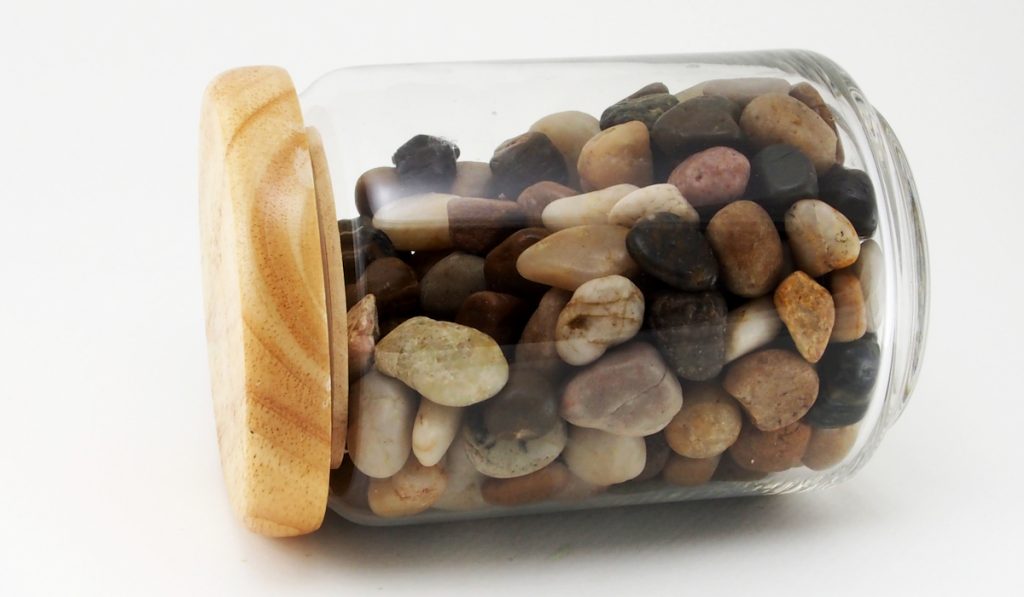
How to Display River Rocks
Here are some useful tips to display river rocks:
1. In a Jar
You can display rocks of different colors and sizes in a glass jar. Use the colors to form patterns in the jar while displaying the jar on a shelf or desk. You can even fill the jar with water to brighten the color of your rocks.
2. In a Special Rock Display Case
Rock collectors have special cases for displaying rocks. In your case, you can label the river rocks while you display the unique rocks for your visitors to see.
3. In An Aquarium
Most river rocks are safe to be used in the aquarium, but you still have to test to see if they affect the water quality (pH). Also, remember to wash the rocks thoroughly before using them in the aquarium (to prevent the growth of algae).
4. For Landscaping
If you like, you can use rocks collected from rivers and streams in landscaping. These pretty rocks can change the appearance of your home from boring to exciting. You can use river rocks on patios, in water fountains, or as mulch path materials.
5. In Your Succulent Garden
Succulent plants need a growing medium or potting mix that is very porous. Mixing rocks such as river rocks with the garden soil or potting mix can significantly increase the drainage ability of the soil, therefore, aiding the growth of your succulents.

Other Places to Find and Collect Rocks
Aside from rivers, here are some places you can find rocks:
- Quarries and Mountains – Quarries are the go-to places when looking for rocks and precious stones. You can find different types of minerals from quarries. Make sure that you are permitted to collect rocks from a quarry before you do. Mountains are made of rocks, so you will always find rocks when you look around mountains.
- Construction Sites – When a building is near completion, construction workers will happily give you some spare rocks. Do not ask the workers for rocks when they are still making use of them.
- Road Cuts and Roadsides – Road cuts are mountains or other similar places where roads pass through. You can find a lot of rocks from such places. You can also find some rocks along roadsides.
- Pay-to-Dig Sites – These are locations where you can pay to dig and you have high chances of finding rocks, crystals, and other precious stones.
- From Other Rock Collectors – Rock collectors will happily give you some spare rocks. They can also exchange rocks with you, so if you have two beautiful rocks (of the same type), you can easily swap rocks with rock collectors.
Rivers aren’t the only place to find interesting and beautiful rocks.
Related Questions and Answers
1. How Can You Identify the Rocks That You Collect?
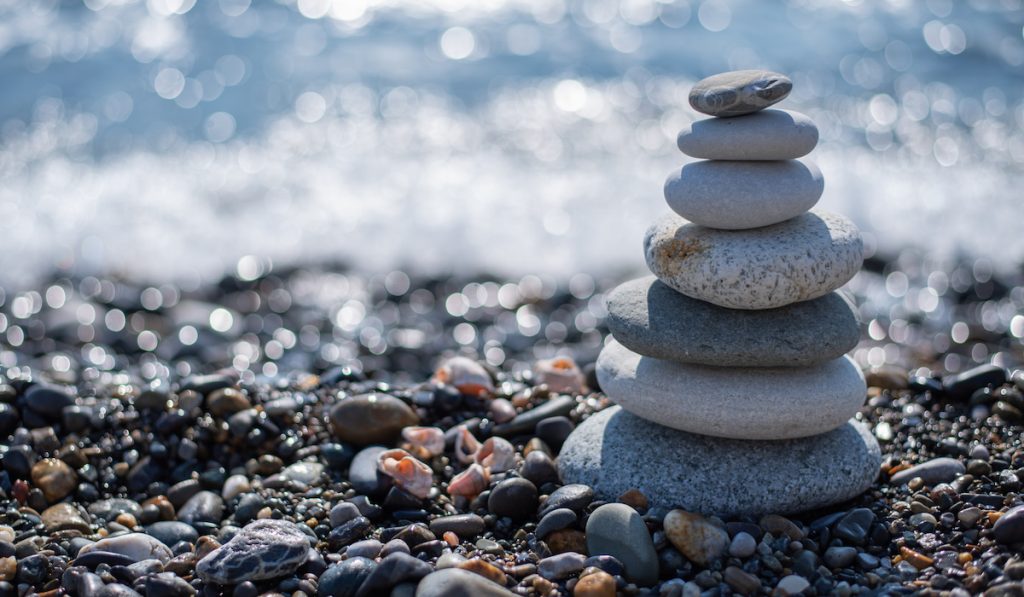
When you collect a new or unknown rock, here are some tips to help you identify the rock:
- Rock Collection Guidebook: There are many handbooks to help you identify rocks. You should buy the guide from a shop close to the place you collected the rock to help you navigate the area.
- The Internet: The internet is a good tool to use to meet other rock experts and geologists. They can help you to identify your rock at no cost.
- Local School: A science (geology) teacher in a school nearby can help you identify your rock.
- Expert Rock Collectors: If you take your rock to other rock collectors, they can tell you what rock it is.
2. Why Not Collect Large Rocks From a River?
If you find large rocks in or around rivers, you can collect them, but most people collect smaller rocks broken from the large ones. Consider the weight and how you will transport the rock.
Also, consider future collectors (take a part of the rock so that others can take other parts).
3. How Do You Prepare River Rocks for Use in Aquariums?
To prepare river rocks for aquariums, follow the steps below:
- Brush the rocks in soapy water.
- Allow the rocks to dry for a day or two.
- Bleach the rocks in a bleach solution (one-part bleach to nine-parts water).
- Rinse the bleach away from the rocks.
- Boil the rocks for 30 minutes or more.
- Dry the rocks.
- Test the rocks in water for four or five days (check if algae will grow or not).
- If algae grows, restart this procedure.
- If algae does not grow, place the rocks in your aquarium.
4. Can You Take Rocks From Beaches?
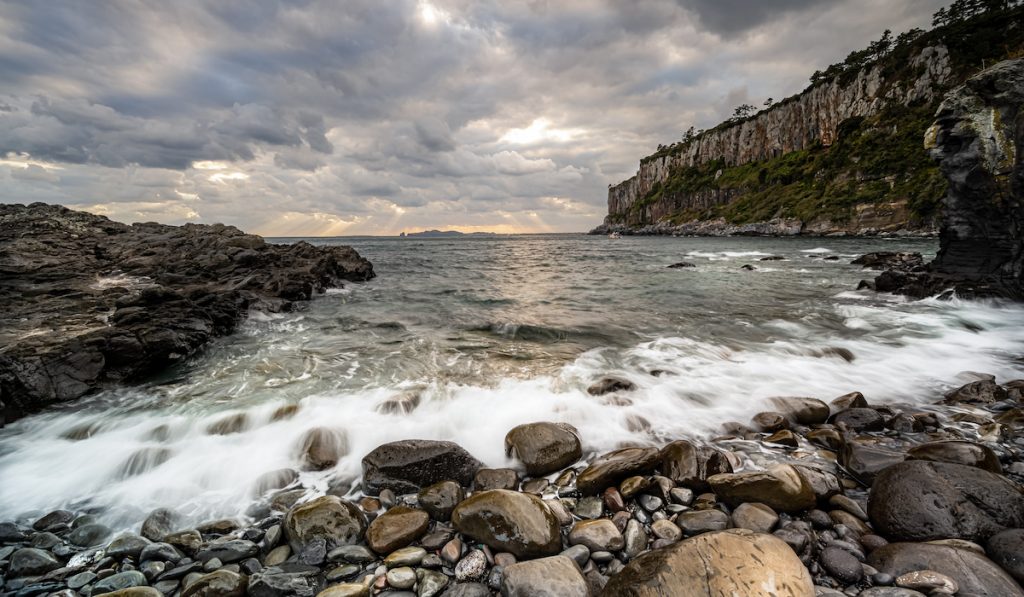
The same principle of “checking local laws” still applies to beach rocks. Unlike rivers, it is prohibited to collect rocks from many beaches as rocks, shells, and corals add to the beauty of beaches.
You must confirm that you are permitted to collect rocks from a beach before you do.
5. Can You Return Rocks to a River?
If you want to, you can return rocks to a river. Instead of throwing the rock into the river, consider keeping it at the side of the river.
Final Thoughts
You can collect rocks from rivers if local laws permit you, if there are many rocks in and around the river, and if the area is not designated as a breeding spot.
Just follow local regulations when it comes to collecting rocks from rivers. There are a lot of places to collect rocks aside from rivers.
Resources
- https://detectingdaily.com/river-rock-collecting/
- https://homesteady.com/13411545/how-to-collect-river-rocks
- https://www.thespruce.com/how-to-get-free-rocks-for-your-garden-1388593
- https://howtofindrocks.com/is-it-illegal-to-take-rocks-from-nature/
- https://www.houzz.com/discussions/1717970/where-do-you-all-get-your-rocks

